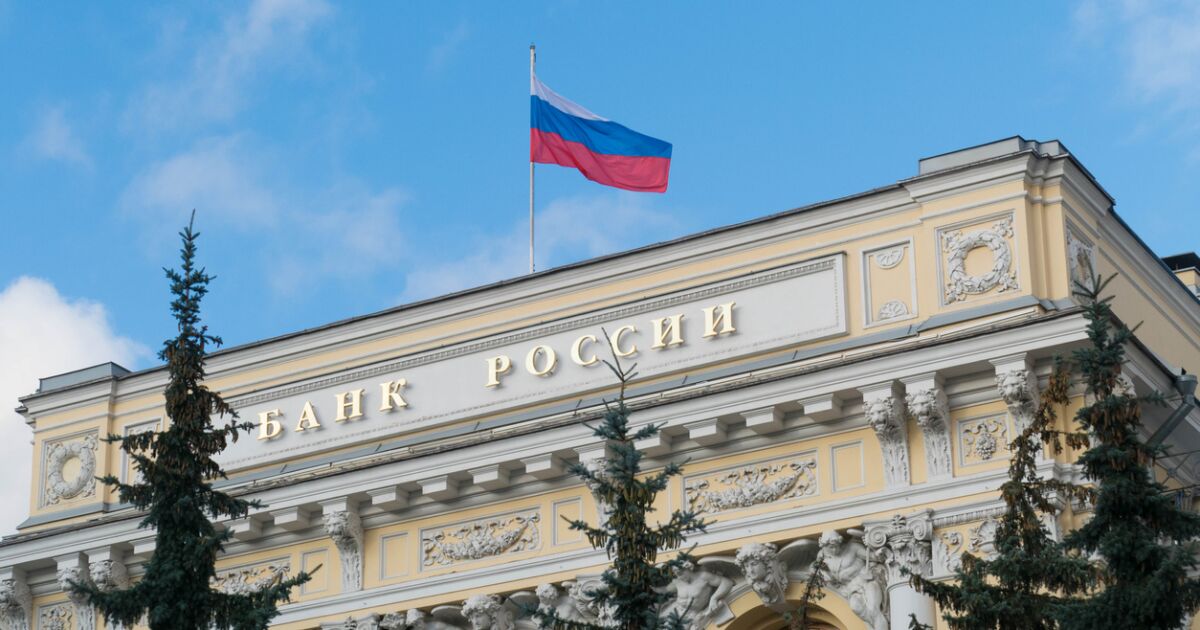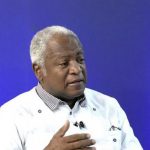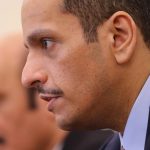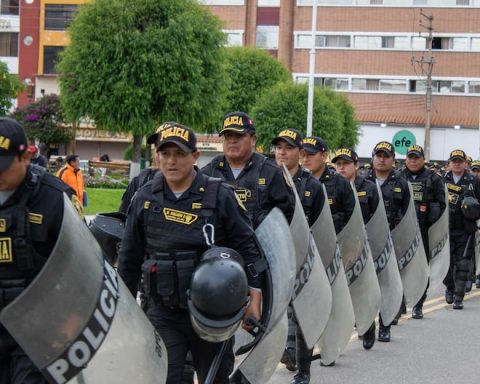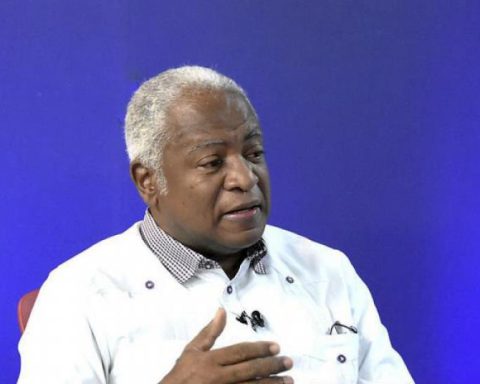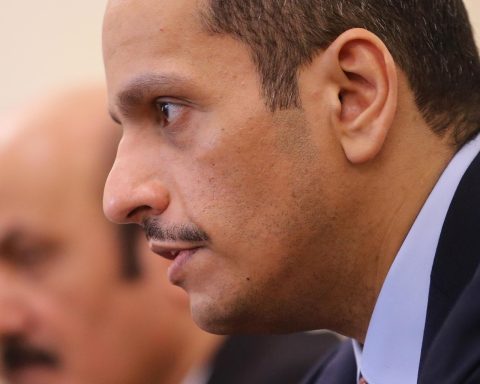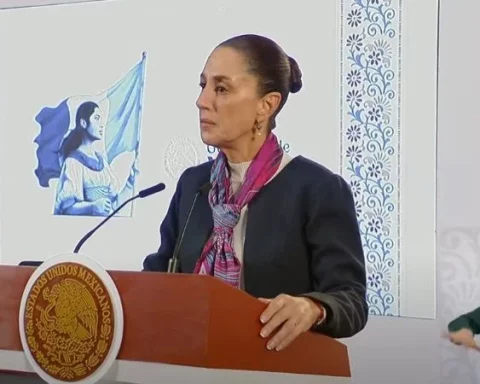Headquartered in Basel, Switzerland, the BIS is the place where central bank governors meet to discuss monetary policy issues.
It also organizes meetings six times a year to allow them to address this matter on neutral ground and, if necessary, promote coordination in the event of a crisis.
In addition, the BIS offers central banks both services to manage their foreign exchange reserves and very detailed banking statistics on international money flows.
“The BIS will not be a way to circumvent sanctions,” said the institution’s spokesman during the publication of its quarterly report last week.
Its head of the monetary and economic department, Claudio Borio, warned at the time that the war in Ukraine would complicate the task of the central banks, which were already in the process of modifying their monetary policy, preparing for a rise in interest rates to face to the increase in inflation.
The conflict has “greatly increased uncertainty,” warned the spokesman, while the prices of energy raw materials soared.
Created in 1930 to manage the war reparations imposed on Germany by the Treaty of Versailles, the BIS has established itself over time as the “bank of central banks”. The one from Russia was accepted as a member in 1996.
